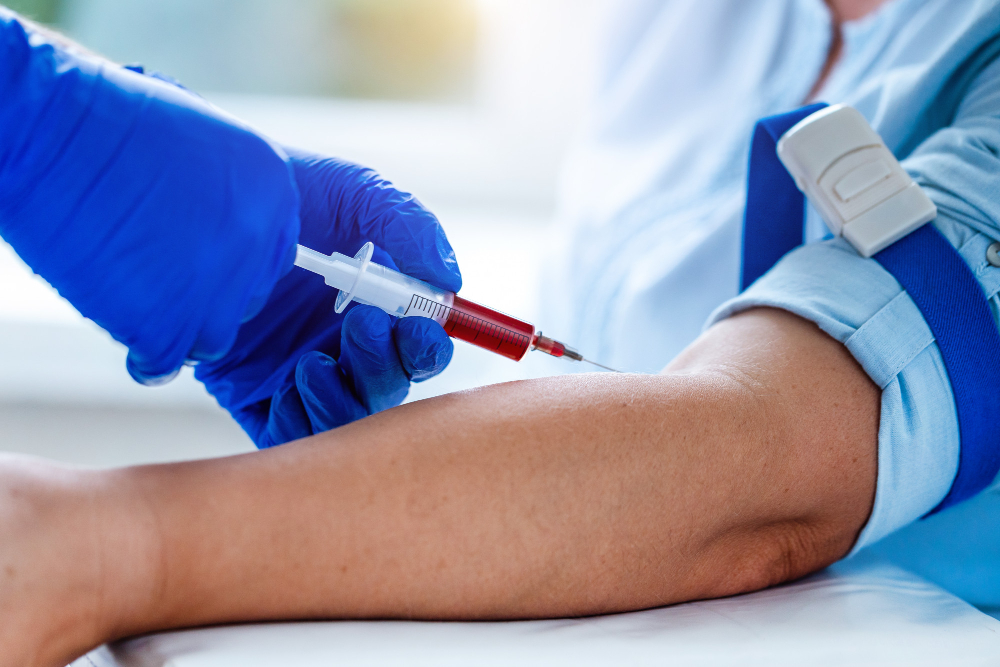What is a Procalcitonin Test?
The Procalcitonin Test is a blood test that checks for infection markers in your body. Doctors use it to help find out if you have a serious bacterial infection. Sometimes, it is called the procalcitonin blood test. Procalcitonin is a substance made by your body. Normally, you have very little of it. However, when you have a severe infection, your levels can rise quickly. This test helps doctors decide if you need antibiotics or other treatments. According to the World Health Organization (WHO), early detection of infections can improve treatment outcomes.
Why is the Procalcitonin Test Done?
Doctors order the Procalcitonin Test for several reasons. Often, it helps them find out if you have a bacterial infection. For example, it can show if you have sepsis, which is a life-threatening infection in the blood. In addition, the test can help doctors decide if your infection is caused by bacteria or a virus. This is important because antibiotics only work on bacteria, not viruses. The Centers for Disease Control and Prevention (CDC) supports using this test to guide antibiotic use. Here are some common reasons for the test:
How is the Procalcitonin Test Performed?
The procalcitonin blood test is simple and quick. First, a healthcare worker will clean your arm. Next, they will use a small needle to take a blood sample from a vein. Usually, this takes only a few minutes. After the sample is collected, it is sent to a lab for testing. You do not need to fast or do anything special before the test. Most people can return to normal activities right away. Here is what you can expect during the test:
Understanding Your Procalcitonin Test Results
After the test, your doctor will review your results. Procalcitonin levels are measured in nanograms per milliliter (ng/mL). Low levels usually mean there is no serious bacterial infection. On the other hand, high levels may suggest a severe infection or sepsis. However, other conditions can also raise procalcitonin levels. Your doctor will look at your symptoms and other test results before making a diagnosis. Here is a simple guide to what your results may mean:
Always talk to your doctor about your results. They can explain what the procalcitonin test meaning is for your health.
Risks and Considerations
The procalcitonin blood test is safe for most people. Still, as with any blood test, there are some small risks. For instance, you may feel a little pain or see a small bruise where the needle went in. Rarely, some people may feel dizzy or faint. However, these side effects usually go away quickly. If you have bleeding problems, tell your doctor before the test. Remember, the test alone cannot diagnose all infections. Your doctor will use other information to make the best decision for your care.
Frequently Asked Questions
When to Consult a Doctor
If you have signs of a serious infection, such as high fever, chills, or confusion, seek medical help right away. Also, if your doctor suggests a procalcitonin test, ask any questions you have. Early testing and treatment can help prevent problems. If you are unsure about your results, talk to your healthcare provider. They can explain what your procalcitonin test results mean for you.
For personalized advice about the Procalcitonin Test, consult a healthcare professional.

